25, October 2023
US Politics: Republicans select fourth House speaker nominee in two weeks 0
Republicans on Tuesday made their fourth pick in just two weeks to replace the ousted speaker of the US House of Representatives, underlining the chaos engulfing the fragmented party after three previous nominees failed to win the gavel.
Louisiana’s Mike Johnson won an internal party vote just hours after previous nominee, Majority Whip Tom Emmer, buckled under a backlash led by former president Donald Trump and announced his withdrawal.
Congress has been at a standstill and unable to address multiple global crises, as well as the fast-approaching threat of a government shutdown, since McCarthy’s historic dismissal in a far-right rebellion on October 3.
“The dysfunction in the Republican Party right now seems to be saying we want to lose,” exasperated Kentucky Republican Andy Barr told CNN.
“That is crazy to me. We were elected as a majority to govern, and we are not doing that right now.”
Johnson — the vice chairman of the conference but a relative novice in politics — lost out to Emmer earlier in the day but quickly threw his hat back in the ring after his leadership colleague bowed out.
But all the indications are that Johnson will likely fall foul of the same internal divisions that have left the party incapable of uniting around any leader.
Tuesday’s disarray marked two weeks since the party’s first nominee to replace McCarthy, House Majority Leader Steve Scalise, withdrew as it became clear he was nowhere near the 217 votes needed to be elected.
Hard-line Trump ally Jim Jordan, the next nominee, flopped three times on the House floor as successively larger tallies of Republican opponents joined the Democrats to reject him.
Growing desperation
Adding to the sense of growing desperation in Republican ranks, McCarthy was pitching what looked like a far-fetched plan ahead of the latest contest that would see him reinstalled as speaker with Jordan as his assistant.
If Johnson were to succeed where his colleagues have failed, he would be the least experienced speaker in more than a century, having never chaired a committee or held a top leadership role.
And he could find himself presiding over a government shutdown in three weeks unless he can cut a 2024 budget deal with much more seasoned negotiators in the White House that is acceptable to his party.
He would also be expected to lead the deeply fractured conference through upcoming fights over funding for Ukraine and Israel in their conflicts with Russia and Hamas.
Johnson moved up to the House from state-level politics in 2017.
He is best known as a driving force among more than 100 Republicans who signed on to a legal brief supporting a lawsuit seeking to overturn the 2020 election results in four swing states won by Biden.
He can afford to lose just four Republicans and still claim the speakership if every Democrat votes against him, although the House adjourned until Wednesday with no election scheduled.
Only 128 of Johnson’s colleagues voted for him in the final round of balloting, according to US media — with 29 preferring his rival, Florida lawmaker Byron Donalds, and another 44 casting their votes for someone else entirely.
Like Johnson, Emmer had baselessly sown doubt over the validity of Biden’s 2020 election win over Trump, but supporters of the former president were angered by the majority whip voting to certify the result.
The writing was on the wall when Trump took to his Truth social website to brand Emmer a “globalist RINO” — short for “Republican in name only.”
Trump took credit for Emmer’s downfall as he spoke to reporters at his New York civil fraud trial.
“I assume it had a big impact,” he said of his statement.
Source: AFP

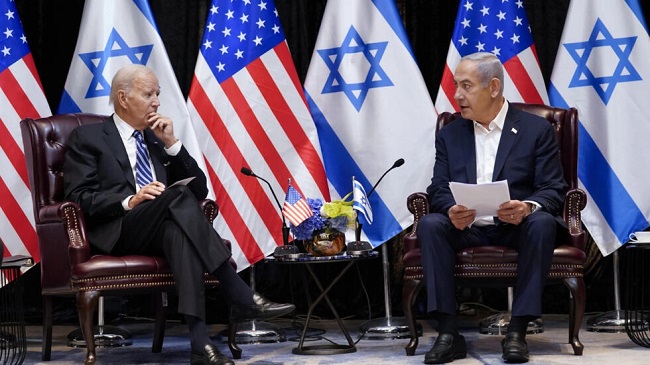
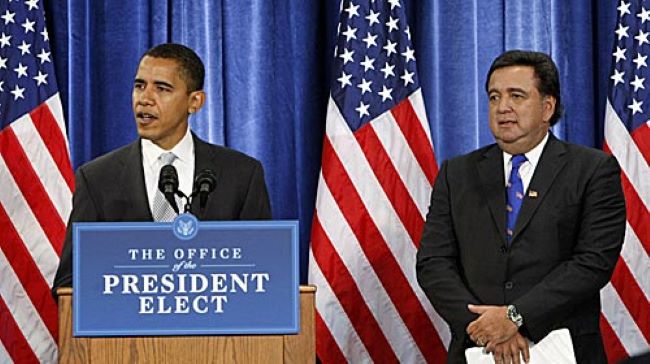
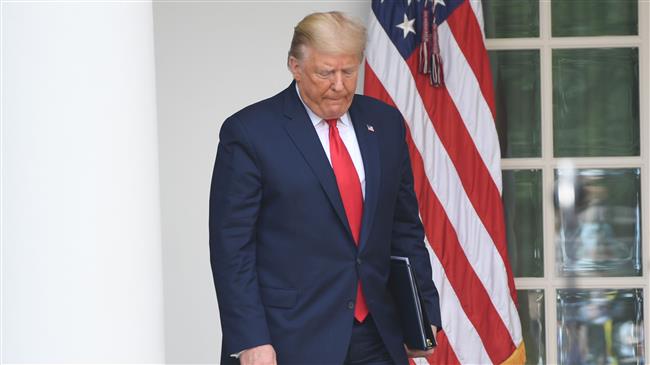
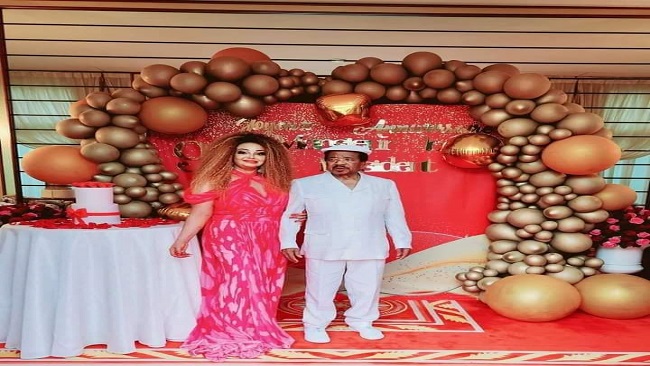





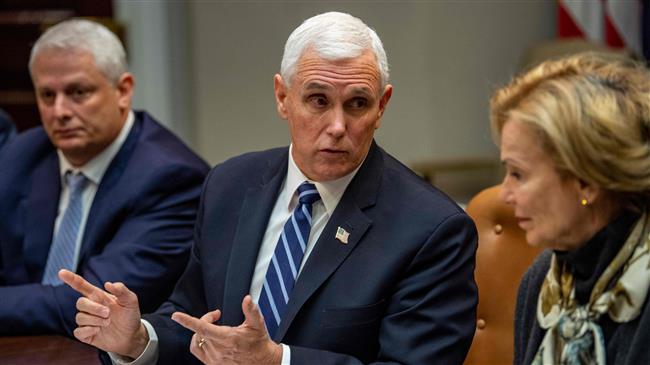




















7, December 2023
US: Senate Republicans block Ukraine and Israel aid bill 0
Senate Republicans have blocked a move to pass an aid bill for Ukraine after failing to secure border compromises they sought in exchange.
The $110bn (£87.3bn) package included $61bn for Ukraine, as well as funds for Israel and aid for Gaza.
Republicans are insisting that any aid to Ukraine be tied to sweeping US immigration and asylum reforms.
The White House has warned that US funds for Ukraine could soon run out.
Senators voted 51 to 49 against advancing the bill, with 60 votes needed. The vote throws uncertainty into the future of aid for Ukraine and sends lawmakers back to the negotiating table with just days to go until Congress has scheduled winter break.
Every single Republican Senator voted against the measure, along with independent Senator Bernie Sanders, who had earlier in the day expressed reservations that the legislation included billions in military aid for Israel.
“I do not believe we should be appropriating over $10 billion for the right-wing extremist Netanyahu government to continue its current military approach,” Mr Sanders said, referring to Israeli Prime Minister Benjamin Netanyahu’s ongoing campaign in the Gaza strip, which has so far killed thousands of civilians.
Mr Sanders, who is a long-time critic of Mr Netanyahu, added: “What the Netanyahu government is doing is immoral, it is in violation of international law, and the United States should not be complicit in those actions.”
Earlier on Wednesday, US President Joe Biden said he was “willing to make significant compromises on the border” in order to get the aid bill passed.
“This cannot wait,” he said, adding that “Republicans in Congress are willing to give Putin the greatest gift he could hope for”.
Also on Wednesday, the Biden administration announced $175m in new security assistance for Ukraine from the supply of funding that has already been approved. The package includes ammunition, including missiles and artillery shells, as well as “equipment to protect critical national infrastructure”, the US Department of Defense said in a news release.
Concerns over the future of the $110bn package grew on Tuesday after a classified briefing for lawmakers aimed at shoring up support for new funds broke down spectacularly.
Senators shouted at each other over border security and least a dozen Republicans walked out.
Ukrainian President Volodymyr Zelensky also cancelled a virtual briefing with lawmakers over a “last-minute matter”, Senate Majority Leader Chuck Schumer said on Tuesday, without providing further detail.
Mood dims in Kyiv as US stand-off imperils war effort
The package already includes provisions for border security, but Republican demands for additional changes to asylum rules has complicated negotiations with Democrats. While the party’s members are overwhelmingly in favour of aid to Ukraine, some have sought to use the issue as a way address mounting domestic concerns over the US southern border.
Ahead of the failed vote to bring the package to the floor, Mr Schumer delivered an emotional plea to his colleagues on the Senate floor, telling them that the vote was an important “moment in history” and that they should “rush to the defence of democracy” in Ukraine.
“You can be sure that Vladimir Putin is watching closely,” he said.
Source: BBC